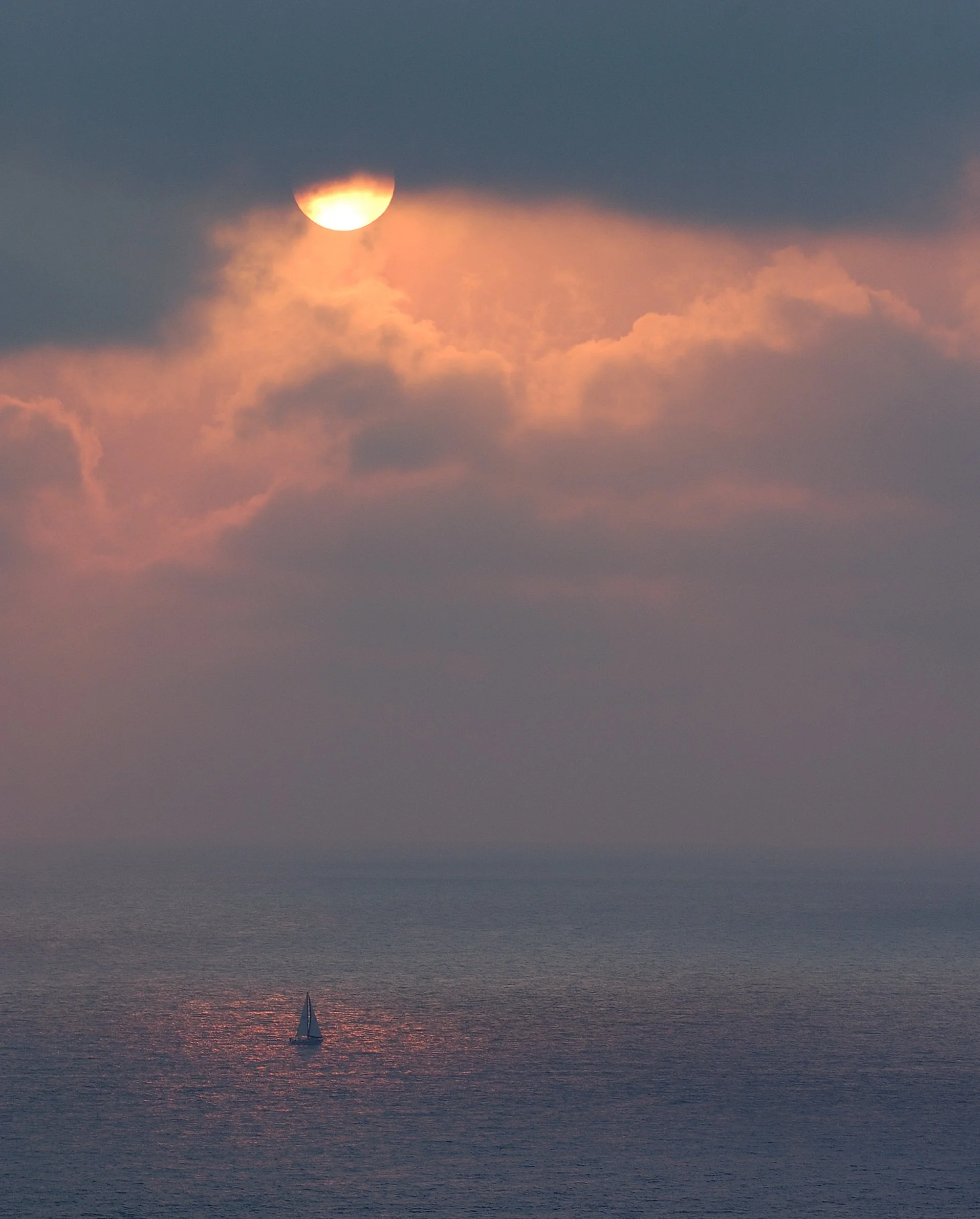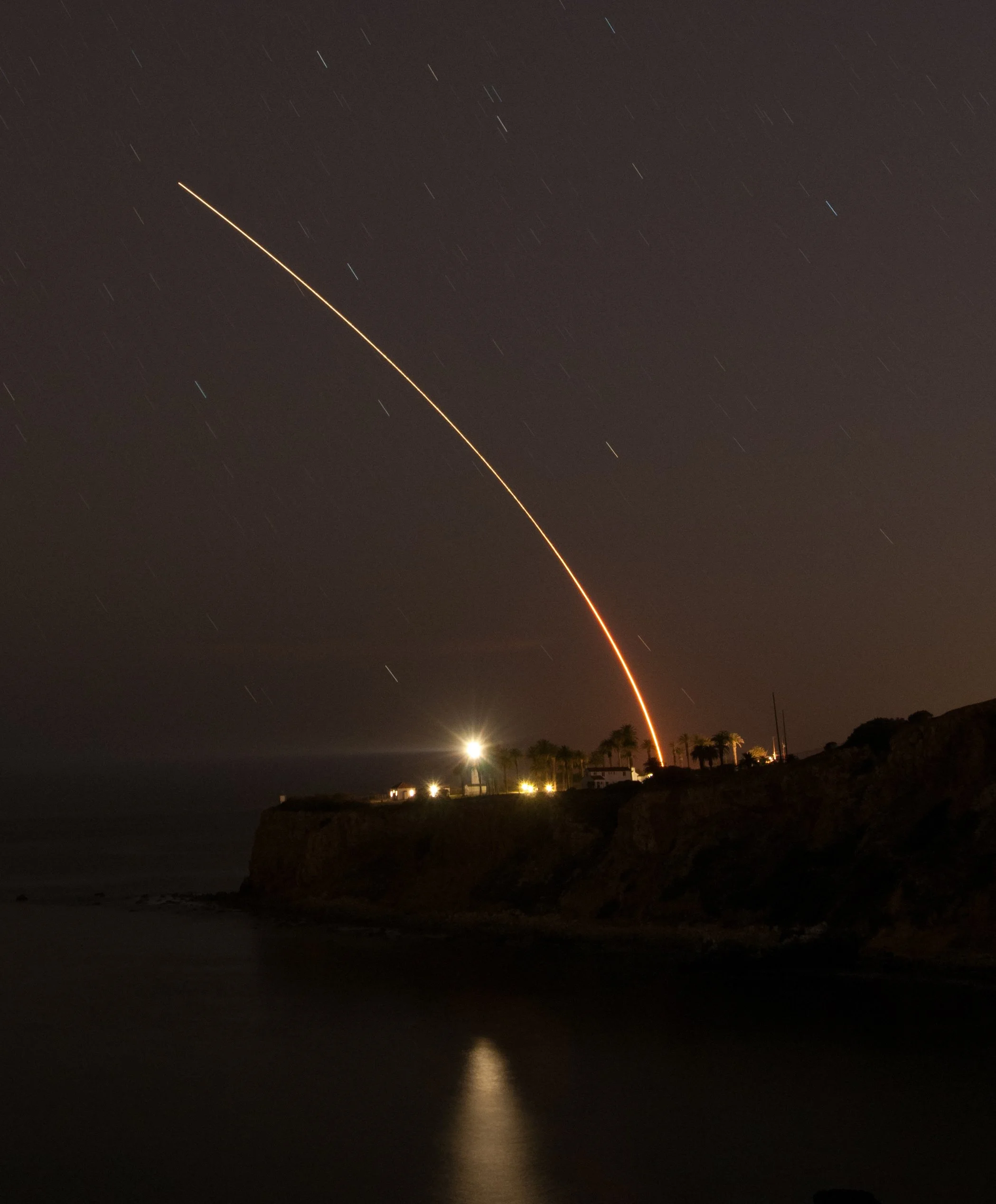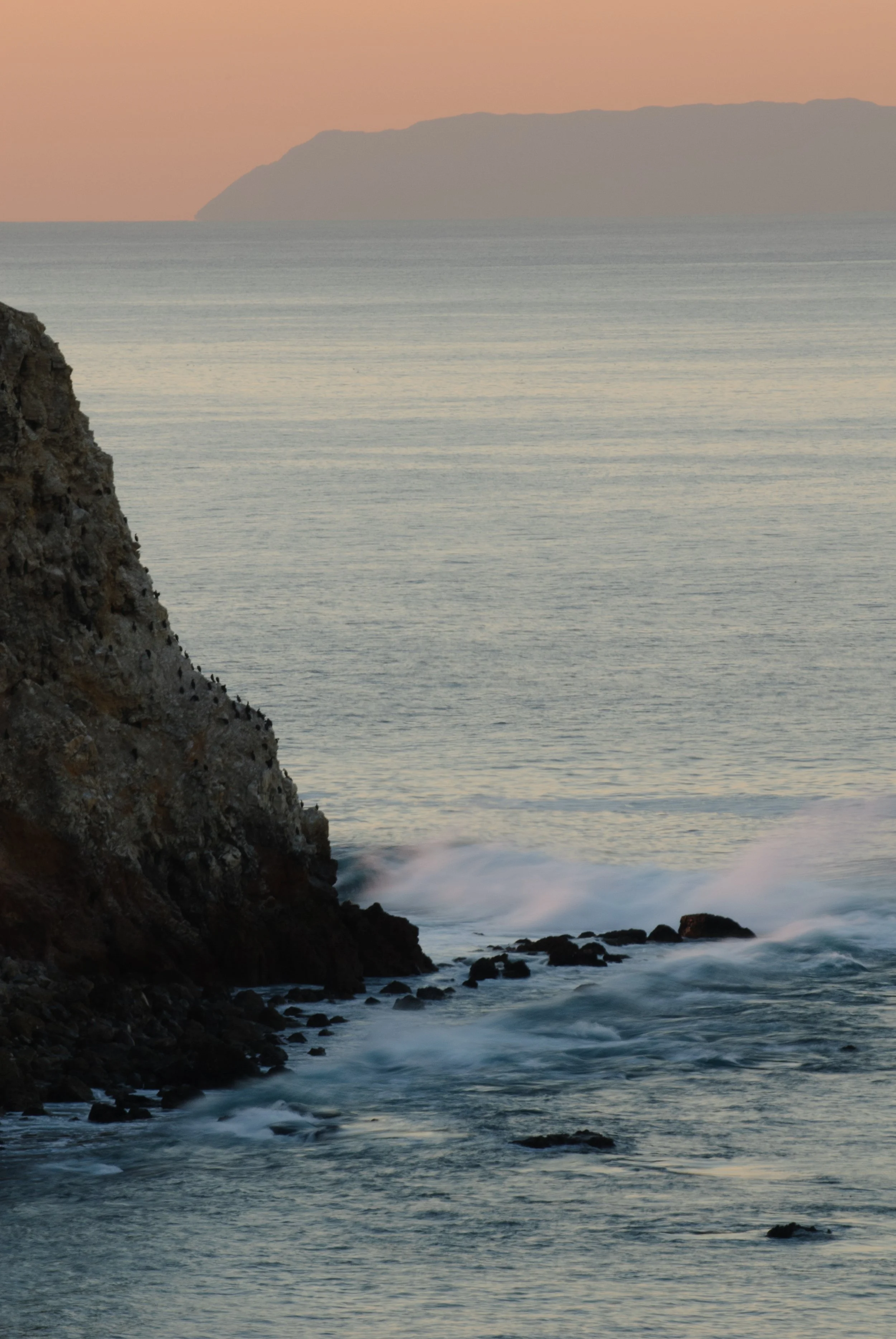Mysterious and Magical Nights By Palos Verdes Resident James Michael Knauf
Mysterious and Magical Nights
By Palos Verdes Resident James Michael Knauf
Pt. Vicente, Terranea.
It’s no secret the Palos Verdes Peninsula offers incredible landscapes with breathtaking views of the Pacific Ocean, Catalina Island, passing ships and boats, or late afternoon sun saturating the cliffs with a rich ochre glow.
Sailboat at Sunset, Breaking Clouds.
Beautiful sunsets often feature brilliantly painted sky and clouds, followed by cobalt twilight skies at dusk. .
Sunset Bird Silhouette
Pink Clouds, Winter Sunset, Point Vicente.
Cargo ship, Catalina Channel as seen from Rancho Palos Verdes City Hall.
But then comes the night. Views to the south and west, away from the lights of Los Angeles and the beach cities of the South Bay, offer the best opportunities––and challenges––for a photographer. On the clearest nights and depending on the time of year (late Spring and Summer are best), the Milky Way may be visible arcing across the southern sky.
Milky Way, Point Vicente. The Milky Way in the southern sky beyond Point Vicente, in this not-too-long exposure (13 seconds).
I love this image of star trails circling the north star above the expansive, sparkling carpet of the Los Angeles Basin in this view from Rolling Hills Estates, composited from multiple exposures over two hours.
Star Trails, Los Angeles Basin.
Crescent Moonset, Point Vicente. A setting crescent moon and the beam of the Fresnel lens of the Point Vicente Light cast reflections on the glassy sea below. Shot from Terranea about ten o’clock on a midsummer night
The moon––full, crescent, or during an eclipse––makes a great subject.
An example is photographing the setting moon as it raced sunrise in receding twilight during the final stages of a total lunar eclipse, January 31, 2018. Researching the timing of the eclipse, the altitude and azimuth of the setting moon, finding the right place to line them up, and planning to be there at the right time were critical.
Lunar Eclipse, Point Vicente.
Careful planning, long exposures, and the patience to deal with launch delays are necessary to photograph rockets launched from Vandenberg Air Force Base, one-hundred forty miles northwest of Palos Verdes.
Delta IV, Rocket Launch, Point Vicente. A rocket streaks across the sky and background of star trails that result from a two-minute exposure shot from Terranea.
While photographing the SpaceX Falcon 9 launch of 52 Starlink satellites in December, the brilliant light of the full moon spoiled my plans for multiple exposures to get full star trails in the background. I had to “settle” instead for a single exposure of 155 seconds.
Falcon Starlink 4-4 Launch from Terranea.
I finally got that star trail image on a different night, capturing how the stars move during this long exposure taken during the new moon two weeks later. The trail cutting down from the top right corner is Regulus, a bright star in the constellation Leo. The brightest star in Earth’s sky, Sirius, sets at bottom left-center. Betelgeuse, in the constellation Orion, sets just off Point Vicente, below bright Castor and Pollux, the twins of the constellation Gemini, at top right.
Point Vicente Star Trails.
Terranea Cliff, Early Morning. Ocean spray catches early morning light as cormorants roost on the cliffs at Point Vicente, and surf crashes against the rocks below. Catalina Island beckons, twenty-one miles distant across the channel.
As the night passes, dawn brings a new day to Palos Verdes.
Bio:
James Michael Knauf is a photographer, writer, former space systems engineer, retired colonel and 26-year USAF veteran living in Rolling Hills Estates. He enjoys photographing the night sky and landscapes and writing short stories and non-fiction articles. View the galleries on his website at https://www.jamesknaufphotos.com.
Follow him on Instagram https://www.instagram.com/knaufj/
LinkedIn https://www.linkedin.com/in/jimknauf/,
and Medium https://medium.com/@jim_50670
Related Articles


















